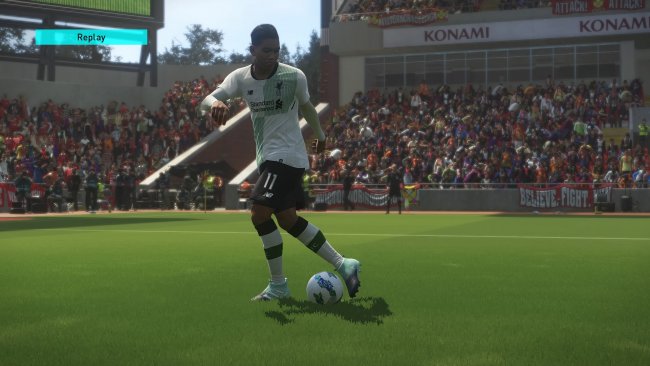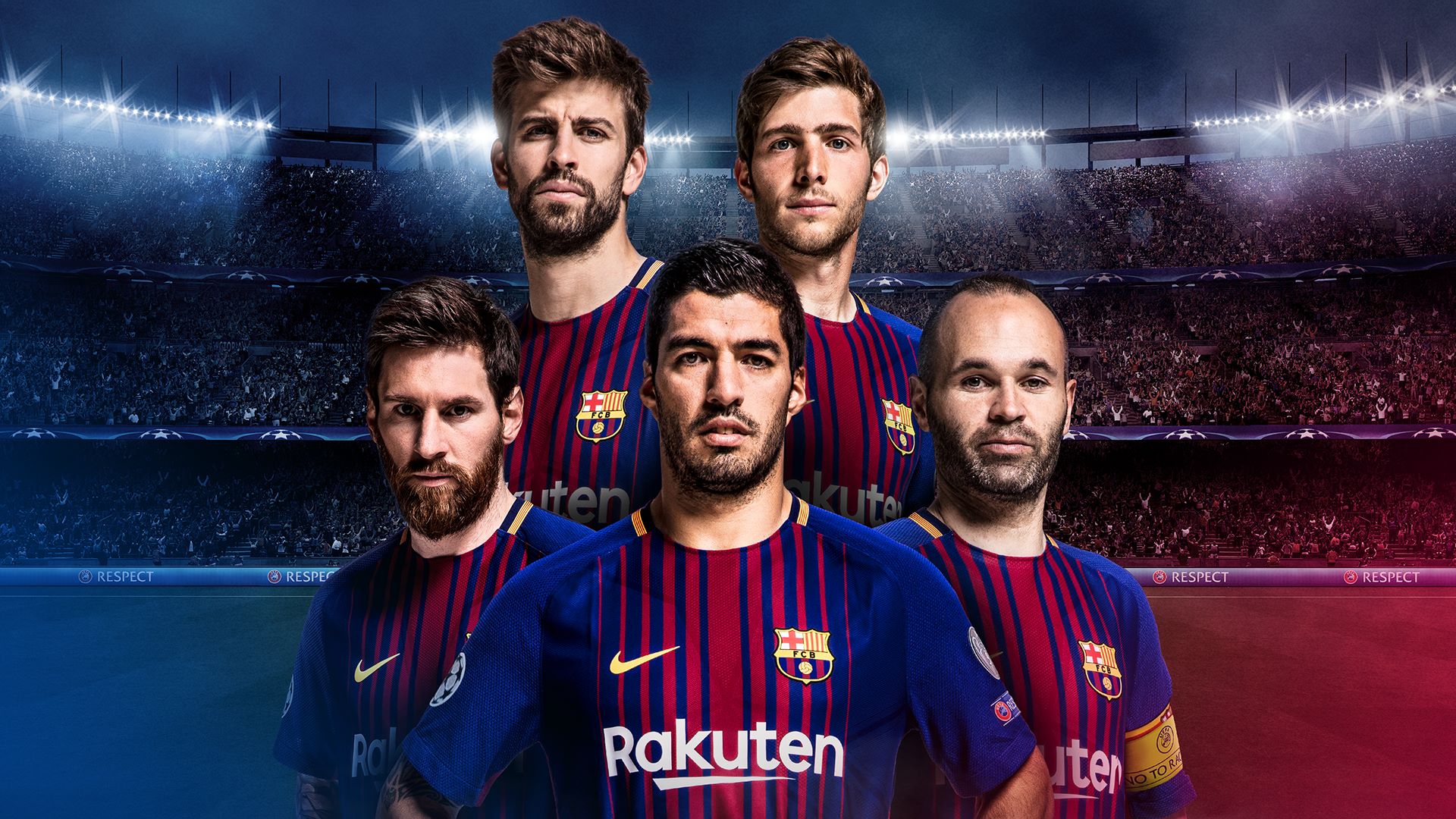

- PRO EVOLUTION SOCCER 2018 SHARPNESS FULL
- PRO EVOLUTION SOCCER 2018 SHARPNESS SOFTWARE
- PRO EVOLUTION SOCCER 2018 SHARPNESS PROFESSIONAL
PRO EVOLUTION SOCCER 2018 SHARPNESS PROFESSIONAL
To keep esports consumption growing, a symbiotic relationship between professional players and the esports industry that is sustainable and beneficial for both needs to be cultivated. The potential of esports consumption is vast, although right business decisions will need to be made in order to achieve the potential (Jenny et al., 2018). The relatively new industry is still evolving, with European and North American markets expanding quickly while Asia still being the most prominent geographic segment of the global market for now.

It is clear that the phenomenon of esports gaming has created lucrative market opportunities involving large number of individuals who participate in different ways, whether it be making and marketing the games, organizing gaming events, playing games, or being a spectator. Computer and video game companies provide jobs to more than 220,000 people in 50 states. Total game sales included purchases of digital content such as online subscriptions, downloadable content, mobile applications, and social networking games. In 2016, the industry sold over 24.5 billion games and generated more than $30.4 billion in revenue.
PRO EVOLUTION SOCCER 2018 SHARPNESS SOFTWARE
According to the Entertainment Software Association (n.d.), Similar to the commercialization of traditional sports, the popularity of modern esports has allowed the industry to become an unneglectable market segment.
PRO EVOLUTION SOCCER 2018 SHARPNESS FULL
In order to gain a better understanding of modern esports, it is necessary to establish a full picture of the esports ecosystem. By examining the group dynamics in esports, a deeper understanding of the qualities that are key to team success in esports can be developed.Įarly esports started in the 1980s in the form of arcade video gaming, but it was the advancement in technology and the Internet, pushing esports into a new era where interactive communication could occur effortlessly, that has contributed to the rapid growth in esports consumption (Lee & Schoenstedt, 2011). This paper will focus on the factors that impact team dynamics in esports. Similarly, member attributes, motivation, and team process are factors to be taken into consideration when discussing the characteristics of high-performing esport teams. While it is different from traditional team sports which takes place in the physical world, esports also relies on teamwork that entails coordination, communication, and cohesion. Inconsistences in the definition of esports remain, although it is generally agreed upon that esports refers to structured, computer-mediated, and competitive multiplayer-gaming with spectators (Freeman & Wohn, 2017). However, while scholarly interests in esports have been growing, the amount of research on the discipline is still limited. In recent years, the ever-increasing popularity of esports (electronic sports) has rendered the topic area increasingly relevant for academic study.

“Esport is a new area in the gaming culture, and is starting to become one of the most essential and popular part of video game communities, especially among adolescents and emerging adults” (Bányai, Griffiths, Király, & Demetrovics, 2018, para. Keywords: esports, team dynamics, cohesion, group communication, leadership It is also understood that participation in esports not only requires teamwork and communication skills, but can also serve as an opportunity for players to develop a variety of life and social skills. The characteristics of successful esports teams are identified through discussion on the variety of team resources and composition, the conceptualization of team cohesion in different dimensions, and the functions of communication and social support within a high performing team. This paper provides an overview of the esports industry and outlines recent development in esports research, with a focus on studies concerning impacts of team dynamics on performance. Daphne, Alabama Tang is a resident doctoral student and teaching assistant at the United States Sports Academy Understanding Esports from the Perspective of Team Dynamics


 0 kommentar(er)
0 kommentar(er)
